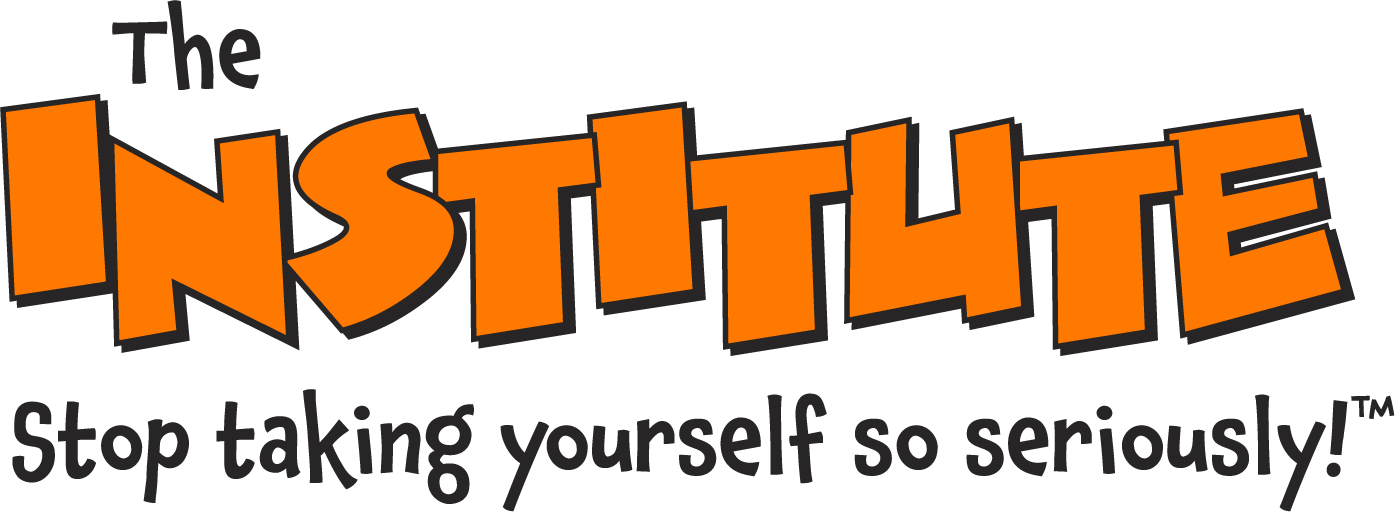Breakfast and Ambivalence
Reader beware: I am not a credentialed psychologist, elected politician, or social scientist, so what you are about to read comes with questionable plausibility. You DON’T HAVE TO AGREE that I’m right! My wife, the writing teacher, will exclaim “This is no way to establish credibility your audience!”, which is why she won’t see it until after I’ve published it. It’s just that I’m so dang curious, frustrated, and downright incredulous over the existing polarity in society on so many issues, and I’m wondering not only where we went wrong, but how much wronger we can get. Microsoft Word is telling me that “wronger” is, in fact, not a word, but it think it’s right in this context. It’s a fact that, like others we might choose to employ in an argument, I’ll conveniently choose to ignore.
By now, most – if not all – of you have enjoyed a lively conversation with someone who shares an opinion dissimilar to your own. Pick a topic; politics, race, immigration, climate change, or the best breakfast joint in town, if you don’t agree, then you not only disagree, but VEHEMENTLY so. Statistics, empirical data, science, or the quality of locally-produced eggs be damned, we’re going to stick with our belief and defend it to the death. Hopefully not literally.
It turns out that people are quite uncomfortable not knowing something, and will take their cues from someone else, ignore ANY opposing viewpoint, or simply make stuff up (ah, the nefarious conspiracy theory) in order to avoid the discomfort of really not either not knowing the truth, or understanding that there are legitimately many viable answers.
You see, people resist facts that could make them feel bad about themselves. Troy Campbell, a business and psychology professor at the University of Oregon (those are real credentials!), says that people, no matter their political inclinations, are motivated to resist facts that threaten their beliefs and, even, their identities. To me, this is a manifestation of one of our deepest fears, the fear of being wrong (or the need to be right). Campbell goes on to assert that the denial of climate change or the refusal to admit to the natural inclinations we all have toward intrinsic biases (e.g. racial) implies more than they might simply be wrong; they are terrible. It doesn’t take a stretch of intellect to understand that people don’t want to see themselves as bad. So, we resort to a distortion of the facts, up to the point of shear denial, to make us feel better about ourselves.
And it’s not only about the fear of being wrong that’s playing out. It’s the implications from being wrong that could drive rigidity in one’s opinions, what Campbell calls “solutions aversion.” For instance, let’s say that someone strongly opposes the idea of climate change and the subsequent need to slow the burning of fossil fuels. There’s plenty of data that shows the earth’s atmosphere and oceans are warming up, but this person happens to be heavily vested in oil stocks. Agreeing that climate change is factual is tantamount to betting on their investment portfolio to tank.
So, what would it be like to remain ambivalent about issues and not be compelled to pick sides? Unfortunately, it is neither simple nor comfortable, but thankfully, achievable. Frenk van Harreveld of the University of Amsterdam’s Uncertainty Lab (how cool is that name?!) ran an experiment where two groups of students were presented with information about the passing of a controversial employment law in the Netherlands. One group read a briefing that made a strong argument against the law, and the other received a briefing that made a balanced case for and against the law. In other words, the second group was induced to experience a state of ambivalence.
When told they’d need to choose a position on the issue, the ambivalent group became very uncomfortable, as measured by electrodes that measured moisture on their heads. When they had to commit to their choice, they were even more deeply uncomfortable. They literally sweated over their decision. The other group apparently was cool with simply sticking to the arguments against the law. According to van Harreveld, “if you believe two things at once and you’re forced to give one up, then you will experience a sense of loss.”
All this exposes a frailty of the human condition that manifests as a divisive force within the community. We choose our sides very quickly, often without a critical exploration of alternatives and facts, and then forever muster Herculean defenses of our choices. We employ facts when they help, disregard them when they’re inconvenient, and find comfort in sticking with the same belief we’ve always held. But the real truth is that we either don’t know the facts, or fail to consider that there are multiple, functional truths. The sooner we admit that we don’t know jack shit (really, YOU definitively know how to manage the economy? NOBODY does!), the sooner we can listen with curiosity, compassion, and empathy. And the sooner we can be heard with curiosity, compassion, and empathy.
Sure, being ambivalent is painful, but being stuck on one side of an issue is likely worse in the long run. As the founder of the Institute to Stop Taking Yourself So Seriously, I’m suggesting that we spend as much time and energy as possible getting over ourselves, and accepting the discomfort of not knowing the sole truth. When faced with the breakfast buffet of alternatives, let’s choose the waffle.

